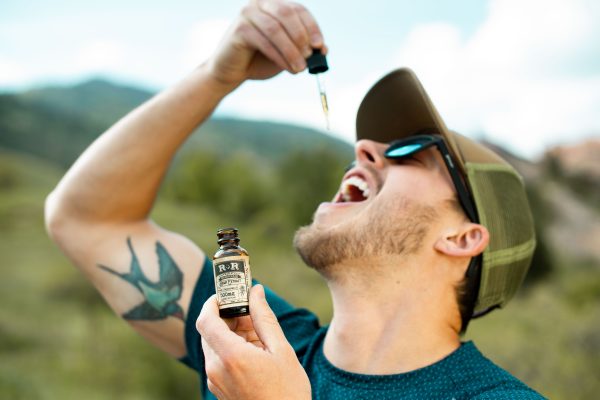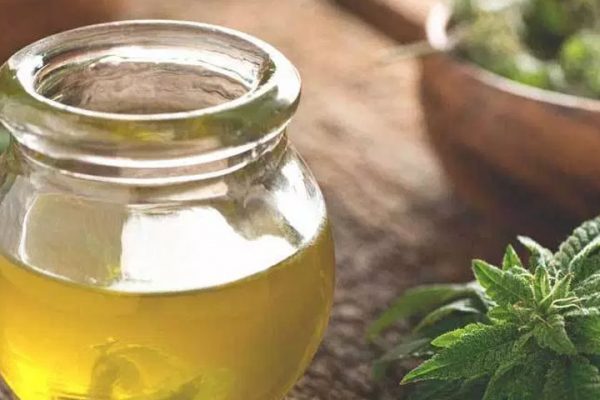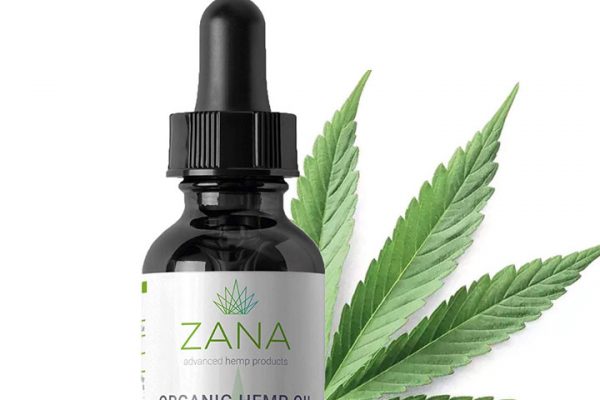Table of Contents
Without a doubt, CBD is one of the most exciting and fastest-selling dietary supplements on the market right now. People are reporting incredible results with CBD, and a CBD-based prescription medication – Epidiolex – has even entered the market to provide a remedy for people suffering from certain rare seizure disorders. All dietary supplements, however, have the same inherent issue. Since they are supplements and not medications, brands such as VSAVI cannot discuss the possible uses for those supplements or claim that the supplements treat or prevent any disease. Making medical claims about a supplement would essentially be treating that supplement as a medication, and all medications require regulatory approval before they can hit the market.
So, what is the point of using CBD? Why are so many people buying it? Is CBD just for relaxation and general wellness, or does it have more concrete uses? In this article, we can finally shed some light on those questions. In 2018, the journal Cannabis and Cannabinoid research published a study called “A Cross-Sectional Study of Cannabidiol Users.” To create the study, researchers surveyed 2,409 CBD users online. The survey asked respondents why they used CBD and asked them to rate their level of satisfaction. This study contains an unprecedented level of data about the experiences that real people have had with CBD. If you’re on the fence about trying CBD, the study will empower you with information and help you decide whether CBD is right for you.
So, why are people really using CBD? Let’s examine the information in this groundbreaking survey and find out.
Why Do People Use CBD?
One of the problems with working in the CBD industry is that no seller of CBD is allowed to tell you why you should use the product. Even offering suggestions could be misconstrued as making a therapeutic claim – and sellers of dietary supplements can’t make therapeutic claims about their products. So, let’s detail the reasons why this survey’s 2,409 respondents use CBD.
Most People Use CBD for Specific Medical Conditions
The survey asked respondents to state whether they were using CBD for general health or for specific medical conditions.
- 926 respondents said that they use CBD for overall wellness.
- 1,483 respondents said that they use CBD for specific medical conditions.
Pain Is the Most Common Reason for Using CBD
For the 1,483 people who reported using CBD to treat specific conditions, the survey asked respondents to describe their reasons for using CBD in greater detail. In order from most common to least common, these are the stated reasons why people use CBD.
- General pain
- Joint pain
- Stress and anxiety
- Difficulty sleeping
- Recurring severe headaches
- Post-traumatic stress disorder
- Nausea
- Cancer
- Allergies and other chronic respiratory issues
- Seizures
- Multiple sclerosis
- COPD and other severe lung problems
- Parkinson’s disease
- Alzheimer’s disease
Does CBD Work?
The survey continued by asking the respondents who were using CBD to treat specific conditions about the level of success they were having. Some of the respondents used CBD alone to treat their conditions, and others used CBD in conjunction with traditional medications. Here’s what they said.
- 475 people reported that they were treating their conditions “very well” using nothing but CBD.
- 391 people reported that they were treating their conditions “moderately well” using nothing but CBD.
- 404 people reported that they were treating their conditions well using CBD in combination with traditional medications.
- 57 people reported that CBD did not work well for them.
To summarize, 1,327 people responded to the question about how well CBD was working for them. Of those, 1,270 people – 95.7 percent – said that they were at least moderately happy using CBD. That’s an incredibly high success rate in the eyes of the users.
Does the CBD Survey Have Any Weaknesses?
Although the cross-sectional CBD study presents some fascinating information that paints CBD in an incredibly positive light, getting a truly balanced perspective also requires us to explore the survey’s weaknesses. First, while CBD does have millions of users around the world, the idea that more than 95 percent of users are happy with CBD seems unrealistically positive. It is possible that people who were happy with CBD might be predisposed to taking the survey, while people who were unhappy with CBD might be less likely to take the survey.
The second weakness with the survey is that respondents were asked about their cannabis use. More than half of the respondents reported that they were regular cannabis users. In addition, although people from all 50 states – and several overseas nations – took the survey, a disproportionate number of respondents were from California, where recreational and medical marijuana are both legal. Pain and anxiety – the two most common reasons why people reported using CBD – are also two of the most common reasons why doctors prescribe medical marijuana. It is possible that some of the people who completed the survey attributed some benefits to CBD that they were actually getting from marijuana.
The final weakness with the survey is that the question about cannabis use is worded confusingly because marijuana and CBD are both cannabis products; they’re simply different types of cannabis. There is no way to know how many respondents used marijuana and how many only used CBD.
Final Thoughts: The CBD Train Shows No Signs of Stopping
It’s important to note that this CBD survey is just one in a vast library of clinical CBD studies that continues to grow with each passing year. On its own, the survey doesn’t prove anything about the uses that CBD may or may not have. What it does do, though, is present a high-level overview of why people are using CBD, what they’re using it for and how they feel about the results. Never before has so much real-world data about CBD use been released to the public, and we encourage you to read the survey if you’re still on the fence about trying CBD. We think you’ll agree that learning about other CBD users’ experiences can be very enlightening.











